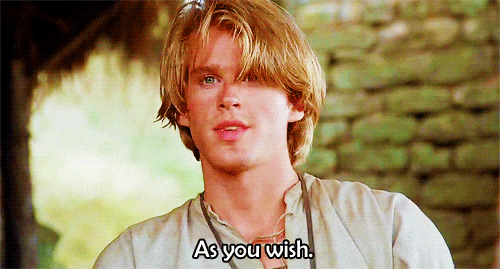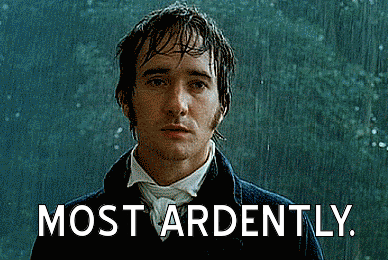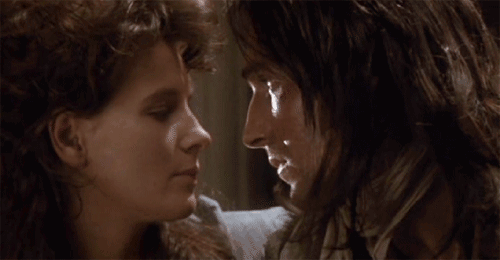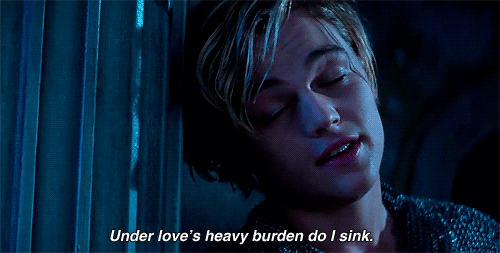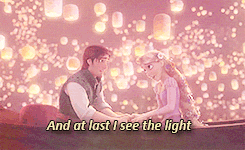One of the greatest romance novelists in history for good reason, Jane Austen will always retain a place in my heart and on my bookshelves. My favorites in a list from least to most adored are as follows:
6) Sense and Sensibility. Lets admit it– the bad guys end up with all the wealth and not paying for their crimes. That may be how reality often works, but that doesn’t mean it should be tolerated in fiction. I know there are some deep and abiding morals in this novel, but I can’t help but be annoyed with the fact that Eleanor– clearly the true protagonist in this novel– ends up with a man who is punished for having good character, and her sister, Marianne, who was always annoyingly flighty and didn’t seem to give a care for anyone but herself (quite like Lydia for P&P) ends up with a perfectly lovely and wealthy fellow who is nearly twice her age. This is not a satisfactory ending.
5) Emma. While she does have some redeeming characteristics, one cannot deny that it is occasionally difficult to love Emma. She is often proud and meddlesome and sometimes does things that are really rather hurtful. Jane Austen, as she sometimes does, inserts a side heroine that one almost wishes were made the real heroine of the story in the form of Jane Fairfax. While Emma has been spoiled, pampered, and secure for the entirety of her existence, Jane has been cast off to the reaches of the country without a penny and become a charming young lady in spite of that. She is always kind to her dotty aunts and strives to be the best that she can in spite of the fact that the man she loves has seemed to abandon her. Emma seems a little mean and petty in comparison– which is one of the points, I suppose, and one that is hardly lost on her in the end. Fortunately, Knightly loves Emma a great deal and doesn’t tolerate her nonsense which manages to redeem her (Though, again, there is a shocking age gap here. Don’t this women realize just how long they are likely going to be widows for?)
4) Mansfield Park. Admittedly, Fanny Price is often a bit dull, but toward the middle-end of the book you can see her developing a slightly sassy character. She’s a bit of an acquired taste– but the most recent movie version which imbued her with some of Jane Austen’s characteristics does make her much more interesting. I’m aware that this is not a good reason to like a book, but I did say that this was a biased review, so reader, you were justly warned.
3) Northanger Abbey. Ah, the mockery of gothic novels! Jane Austen is at her most sassy during this book, and I adore it. Catherine is a normal girl, not very pretty, not extraordinary bright, not possessing any of the usual characteristics of a heroine… and sadly no one informed her that she was in an Austen novel instead of a Bronte novel. Her adorable misadventures and abiding love for Mr. Tilney (Who fell in love with her partially because of her clear adoration for himself– a most unromantic reason) make this book one of my favorites.
2)Persuasion. Possibly the most somber of the Austen novels, this book focuses on a love once lost. While eventually Anne and Captain Wentworth end up together, the potent feeling of heartbreak, of loss, of something precious that slipped away, permeates the novel with a sense of ennui. Yet… that very sadness, the heart-wrenching hurt, is what makes the ending so satisfying. Altogether its a novel about hope– that some things once gone can be restored, and when they are our appreciation for them becomes stronger than ever.
1) Pride and Prejudice. He had too much pride, she had too much prejudice…. it works. Also, the characters in this book come alive and sweep you into their world. Darcy, Elizabeth, Jane, Bingley, Lydia, Kitty, Mary, Mrs. Bennet, Mr. Bennet, Lady Catherine De Burgh… Mr. Collins! The characters and scenes are unforgettable.

